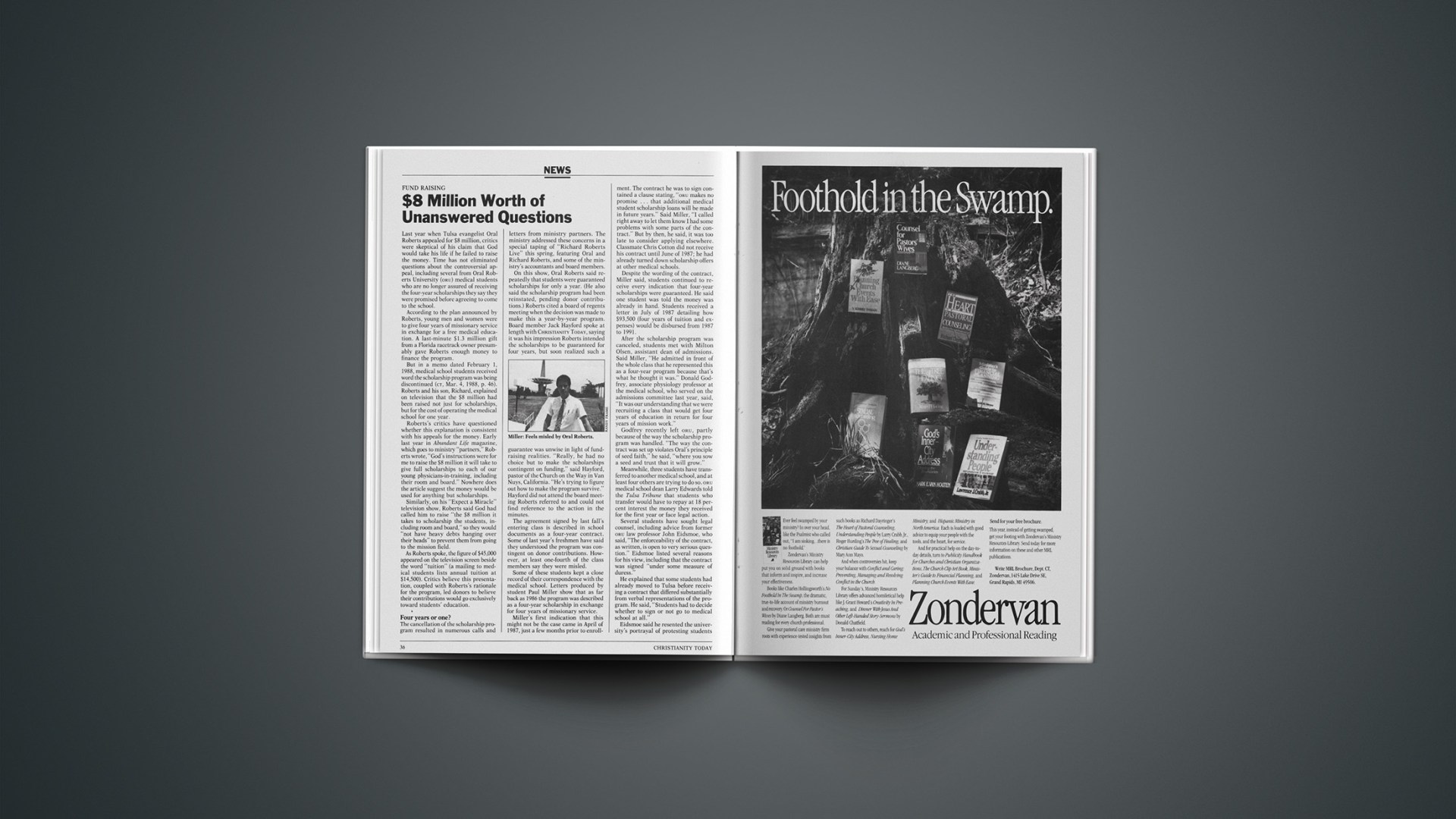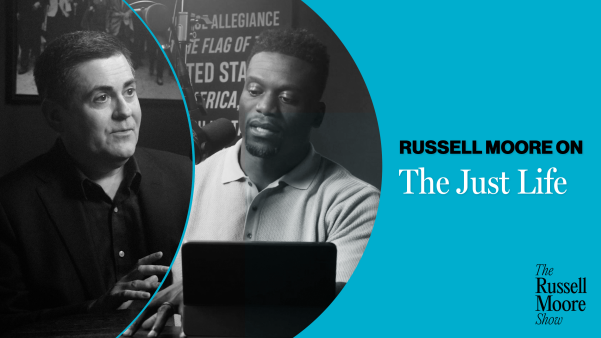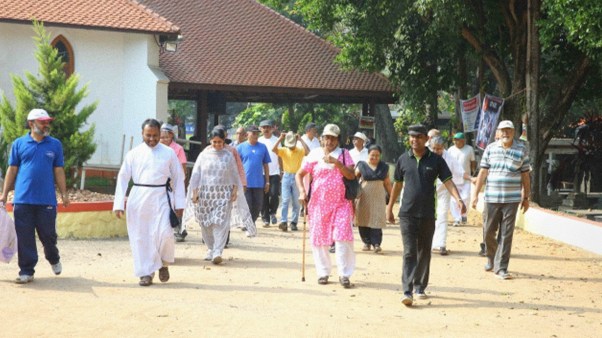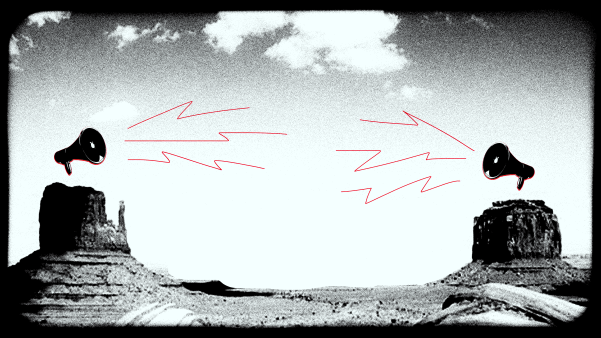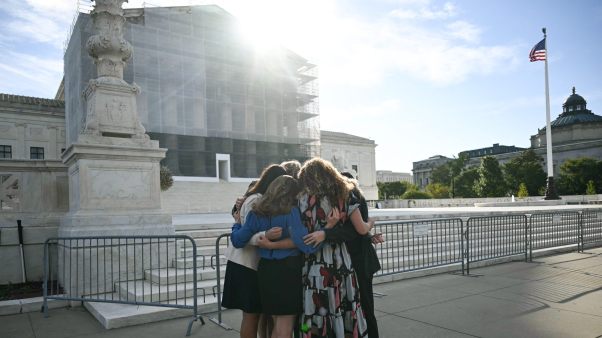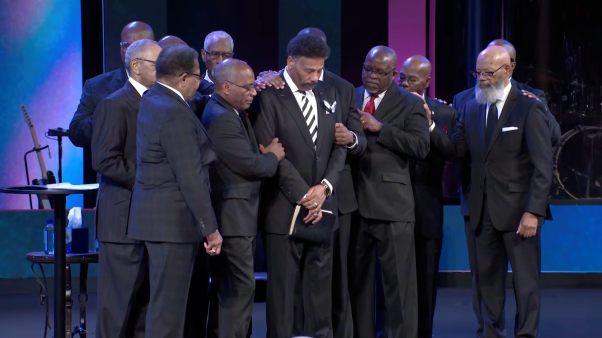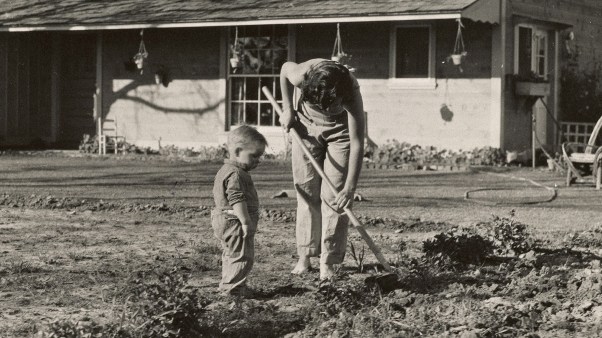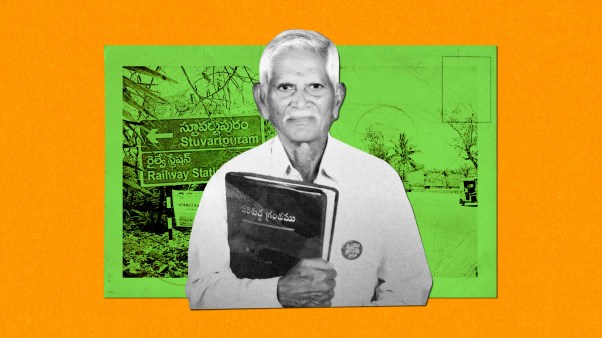FUND RAISING
Last year when Tulsa evangelist Oral Roberts appealed for $8 million, critics were skeptical of his claim that God would take his life if he failed to raise the money. Time has not eliminated questions about the controversial appeal, including several from Oral Roberts University (ORU) medical students who are no longer assured of receiving the four-year scholarships they say they were promised before agreeing to come to the school.
According to the plan announced by Roberts, young men and women were to give four years of missionary service in exchange for a free medical education. A last-minute $1.3 million gift from a Florida racetrack owner presumably gave Roberts enough money to finance the program.
But in a memo dated February 1, 1988, medical school students received word the scholarship program was being discontinued (CT, Mar. 4, 1988, p. 46). Roberts and his son, Richard, explained on television that the $8 million had been raised not just for scholarships, but for the cost of operating the medical school for one year.
Roberts’s critics have questioned whether this explanation is consistent with his appeals for the money. Early last year in Abundant Life magazine, which goes to ministry “partners,” Roberts wrote, “God’s instructions were for me to raise the $8 million it will take to give full scholarships to each of our young physicians-in-training, including their room and board.” Nowhere does the article suggest the money would be used for anything but scholarships.
Similarly, on his “Expect a Miracle” television show, Roberts said God had called him to raise “the $8 million it takes to scholarship the students, including room and board,” so they would “not have heavy debts hanging over their heads” to prevent them from going to the mission field.
As Roberts spoke, the figure of $45,000 appeared on the television screen beside the word “tuition” (a mailing to medical students lists annual tuition at $14,500). Critics believe this presentation, coupled with Roberts’s rationale for the program, led donors to believe their contributions would go exclusively toward students’ education.
Four Years Or One?
The cancellation of the scholarship program resulted in numerous calls and letters from ministry partners. The ministry addressed these concerns in a special taping of “Richard Roberts Live” this spring, featuring Oral and Richard Roberts, and some of the ministry’s accountants and board members.
On this show, Oral Roberts said repeatedly that students were guaranteed scholarships for only a year. (He also said the scholarship program had been reinstated, pending donor contributions.) Roberts cited a board of regents meeting when the decision was made to make this a year-by-year program. Board member Jack Hayford spoke at length with CHRISTIANITY TODAY, saying it was his impression Roberts intended the scholarships to be guaranteed for four years, but soon realized such a guarantee was unwise in light of fund-raising realities. “Really, he had no choice but to make the scholarships contingent on funding,” said Hayford, pastor of the Church on the Way in Van Nuys, California. “He’s trying to figure out how to make the program survive.” Hayford did not attend the board meeting Roberts referred to and could not find reference to the action in the minutes.
The agreement signed by last fall’s entering class is described in school documents as a four-year contract. Some of last year’s freshmen have said they understood the program was contingent on donor contributions. However, at least one-fourth of the class members say they were misled.
Some of these students kept a close record of their correspondence with the medical school. Letters produced by student Paul Miller show that as far back as 1986 the program was described as a four-year scholarship in exchange for four years of missionary service.
Miller’s first indication that this might not be the case came in April of 1987, just a few months prior to enrollment. The contract he was to sign contained a clause stating, “ORU makes no promise … that additional medical student scholarship loans will be made in future years.” Said Miller, “I called right away to let them know I had some problems with some parts of the contract.” But by then, he said, it was too late to consider applying elsewhere. Classmate Chris Cotton did not receive his contract until June of 1987; he had already turned down scholarship offers at other medical schools.
Despite the wording of the contract, Miller said, students continued to receive every indication that four-year scholarships were guaranteed. He said one student was told the money was already in hand. Students received a letter in July of 1987 detailing how $93,500 (four years of tuition and expenses) would be disbursed from 1987 to 1991.
After the scholarship program was canceled, students met with Milton Olsen, assistant dean of admissions. Said Miller, “He admitted in front of the whole class that he represented this as a four-year program because that’s what he thought it was.” Donald Godfrey, associate physiology professor at the medical school, who served on the admissions committee last year, said, “It was our understanding that we were recruiting a class that would get four years of education in return for four years of mission work.”
Godfrey recently left ORU, partly because of the way the scholarship program was handled. “The way the contract was set up violates Oral’s principle of seed faith,” he said, “where you sow a seed and trust that it will grow.”
Meanwhile, three students have transferred to another medical school, and at least four others are trying to do so. ORU medical school dean Larry Edwards told the Tulsa Tribune that students who transfer would have to repay at 18 percent interest the money they received for the first year or face legal action.
Several students have sought legal counsel, including advice from former ORU law professor John Eidsmoe, who said, “The enforceability of the contract, as written, is open to very serious question.” Eidsmoe listed several reasons for his view, including that the contract was signed “under some measure of duress.”
He explained that some students had already moved to Tulsa before receiving a contract that differed substantially from verbal representations of the program. He said, “Students had to decide whether to sign or not go to medical school at all.”
Eidsmoe said he resented the university’s portrayal of protesting students “as crybabies who just want a free ride.” He said, “These are sincere, dedicated Christians who are excited about medical missions. All they want is for the agreement they made to be carried out.”
How The Money Was Spent
Confusion over the scholarship program has led some to question whether the $8 million was actually raised, as Roberts reported, and if so, how it was spent. According to freshman class vice-president Donald Eagle, medical school dean Edwards met with class officers following the cancellation of scholarships. Eagle said, “He told us that only $2 million came in labeled for medical school missions, and he wasn’t about to ask where the rest was.”
On “Richard Roberts Live,” Mark Swadener, the ministry’s chief financial officer, said the “funds that were raised were used for scholarships.” Yet Edwards was quoted in the Tulsa Tribune as saying that $2.4 million was spent on student scholarships, $4.75 million for salaries of professors and support staff, $750,000 for research, and $700,000 to support the medical missions program overseas. Despite repeated requests from CHRISTIANITY TODAY, officials at ORU declined to be interviewed about the $8 million.
In addition to the $8.4 million Roberts claimed to have raised, the medical school received tuition from students not on scholarship and some grant money.
Godfrey said he had trouble understanding how all this could have been spent on the medical school. With his departure, the faculty of the physiology department—one of five departments in the two-year basic-science program—is reduced to two, down from ten just a few years ago. Godfrey said medical equipment is wearing out and, like faculty, not being replaced.
Such reductions in the medical school add to growing concerns that the ORU empire is fading. Other indications include the cutting back of television programming to cable only and the failed attempt earlier this year to sell the City of Faith Hospital, which in the last decade has consumed millions of ministry dollars.
Although Roberts said the scholarship program will continue if funds come in, students have been advised to apply for loans.
Godfrey says he does not question Roberts’s motives and that he believes Roberts has been used by God. Some students agree, but feel this has not been indicated by the way they have been treated.
By Randy Frame in Tulsa.

